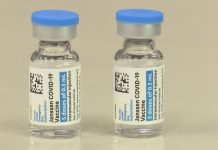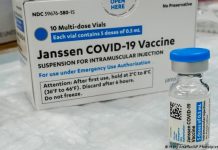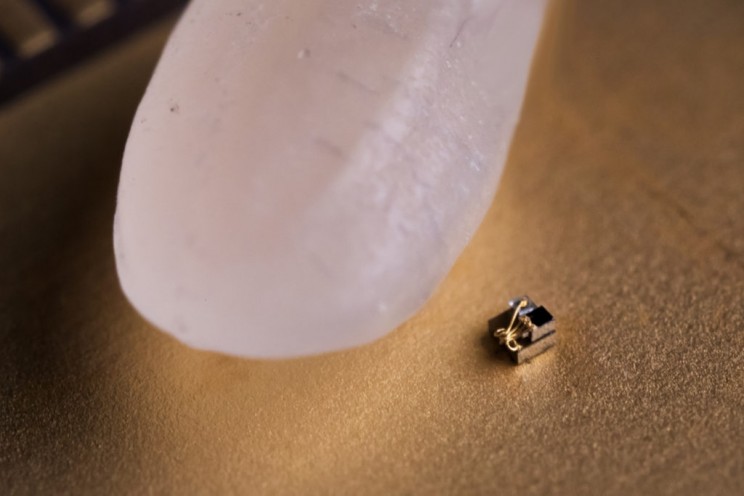CHICAGOThe U.S. Food and Drug Administration sent a letter to privately held gene testing company DNA4Life over the company’s sale of an unapproved direct-to-consumer gene test to predict drug response.
In its letter, posted on Monday, the agency said it was unable to identify any FDA clearance for the company’s test.
The letter follows 23andMe’s limited relaunch last month of reports associated with certain direct-to-consumer tests after the agency ordered the company to stop marketing them without FDA approval. In its letter, the FDA cited concerns about the potential public health consequences of inaccurate results in the reports.
DNA4Life told Reuters in an earlier interview that it did not believe it needed FDA approval to sell its test.
DNA4Life, based in Mandeville, Louisiana did not immediately respond to requests for comment.
In its letter, the FDA said the company’s test appears to meet the definition of a medical device, which requires marketing approval. The agency said the company needs to provide evidence that the device has been approved or information regarding why it believes the test does not require FDA approval.
In a statement sent to Reuters last week, FDA spokesman Eric Pahon said the FDA believes that “certain types of tests are being appropriately offered through the DTC model, but others may need to demonstrate that they are safe and effective and that appropriate controls are in place to mitigate risks.”
The letter comes in the wake of 23andMe’s two-year tussle with the FDA over its direct-to-consumer personal DNA testing service.
Last month, 23andMe relaunched its service with a limited number of genetic tests for carrier screening – tests that show whether an individual carries genes associated with 36 different disorders that could be passed on to a child.
23andMe still does not have FDA approval to resume the sale of reports related to tests that predict drug response.
Experts in pharmacogenetics believe those tests could be much riskier in the hands of consumers, who might use the information to make decisions about the drugs they are taking.
(Reporting by Julie Steenhuysen; Editing by W Simon and Frances Kerry)












